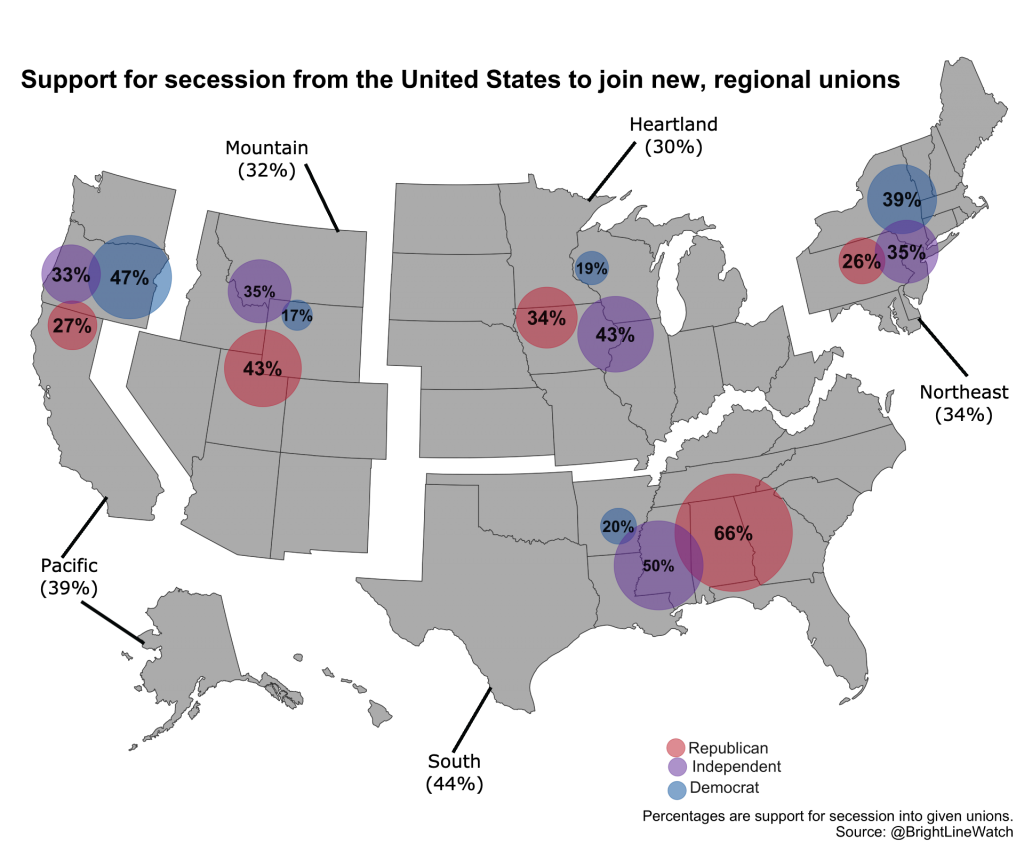
As the country turns 245 years old, Americans have reasons to worry about the state of their democracy. In June 2021, we surveyed a representative sample of Americans and an expert sample of political scientists on the performance of U.S. democracy, the threats it faces, and how their political representatives should address these matters.1 We find deep partisan polarization in perceptions of what is right and wrong with American democracy and the steps that should be taken to fix it. In addition, experts express reservations about current changes to election law at the state level. Still, we find some signs that Americans regard partisan attacks on election administration with skepticism.
Our key findings are:
- Constitutional hardball politics like gerrymandering, packing the Supreme Court or blocking Court nominees, voter suppression, abolishing the filibuster, adding new states to the union, or refusing to certify election results enjoy little support among the public and, with few exceptions, among experts. However, these strategies appear to go unpunished by voters when used by elites.
- Experts expect these tactics to be used more frequently in the years ahead, rating extreme partisan gerrymandering a near certainty; obstruction of Supreme Court nominations highly likely; […]











Fascinating!
I also have not recognized the level of interest in balkanization of the USA. My suspicion is that the idea is even more popular when map boundaries are drawn more closely to ideological preferences (ie inland CA, WA, OR is very dirrerent than coastal zones…northern NM and urban CO very different than southern NM & rural CO, etc.)
I am also intrigued at the uniformly low ratings in the ‘Public ratings of US democratic performance’ chart (at end of study doctos.) given by Independents. There appears to be a unifying reason they are neither Repub nor Demo.
A nation not united will fall; or fail , however you want to look at it.